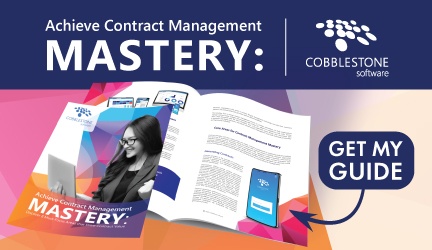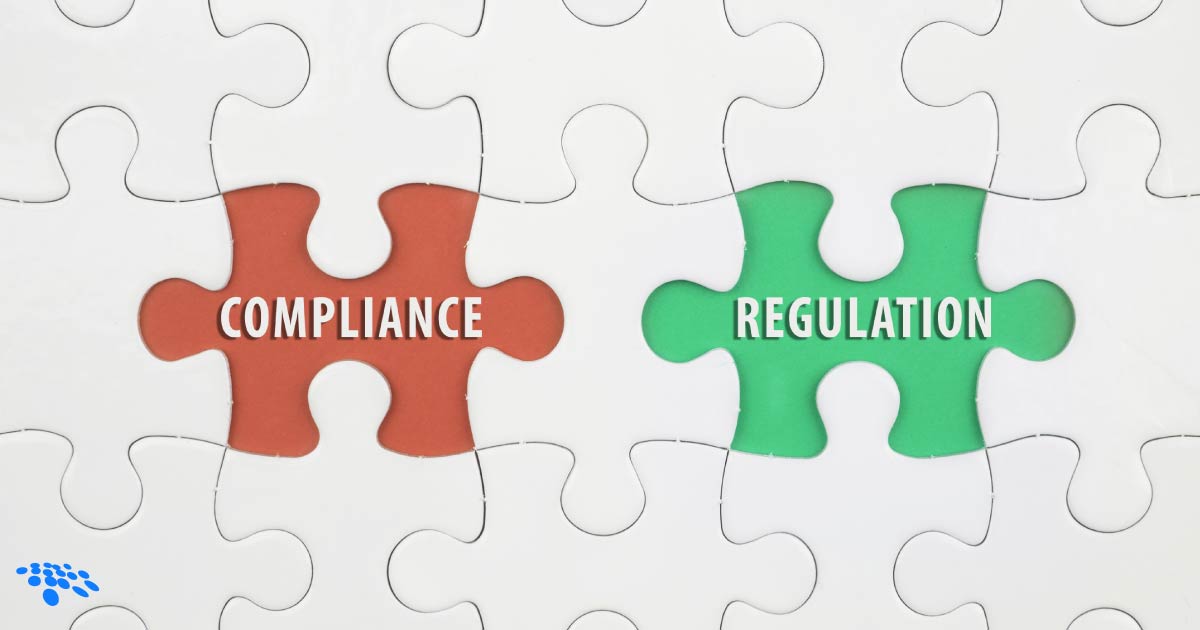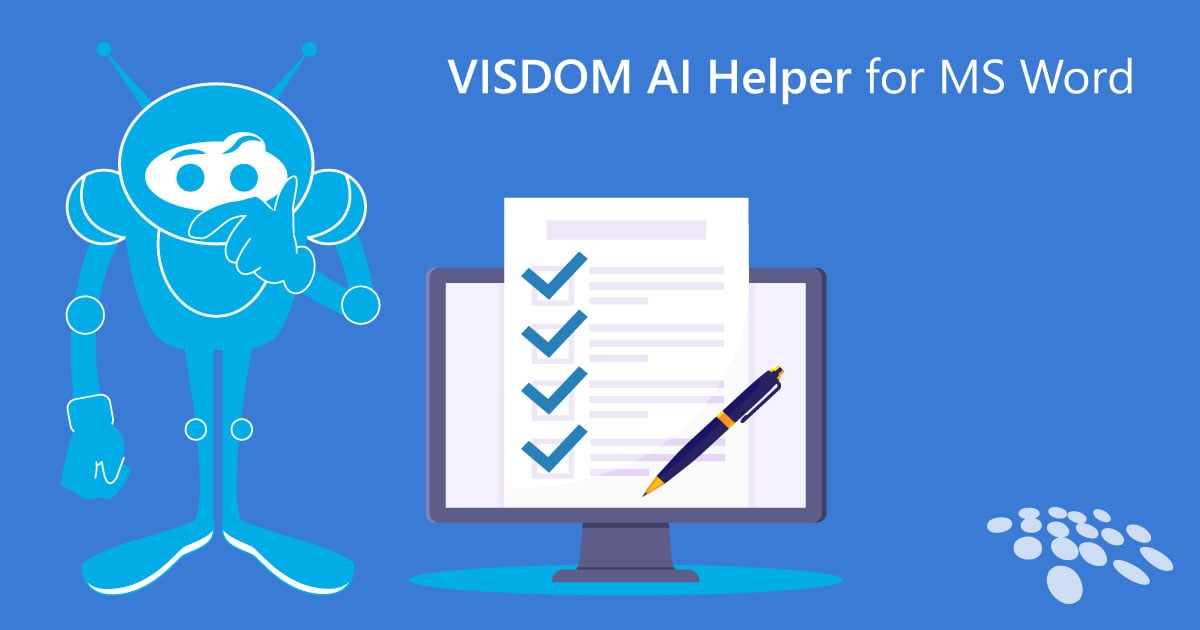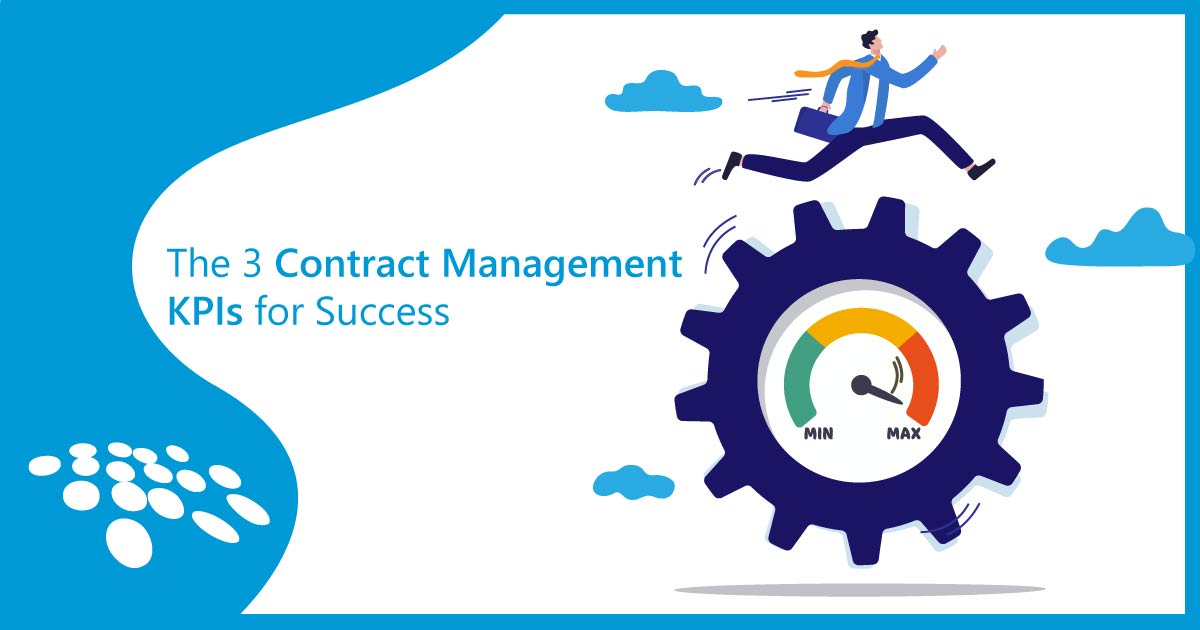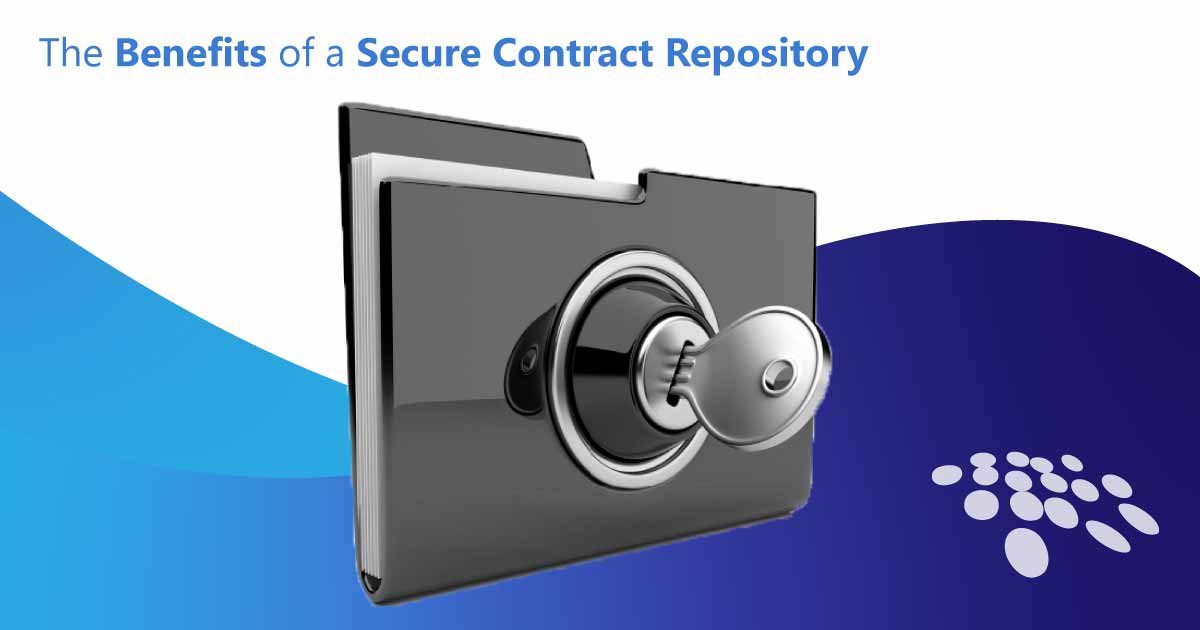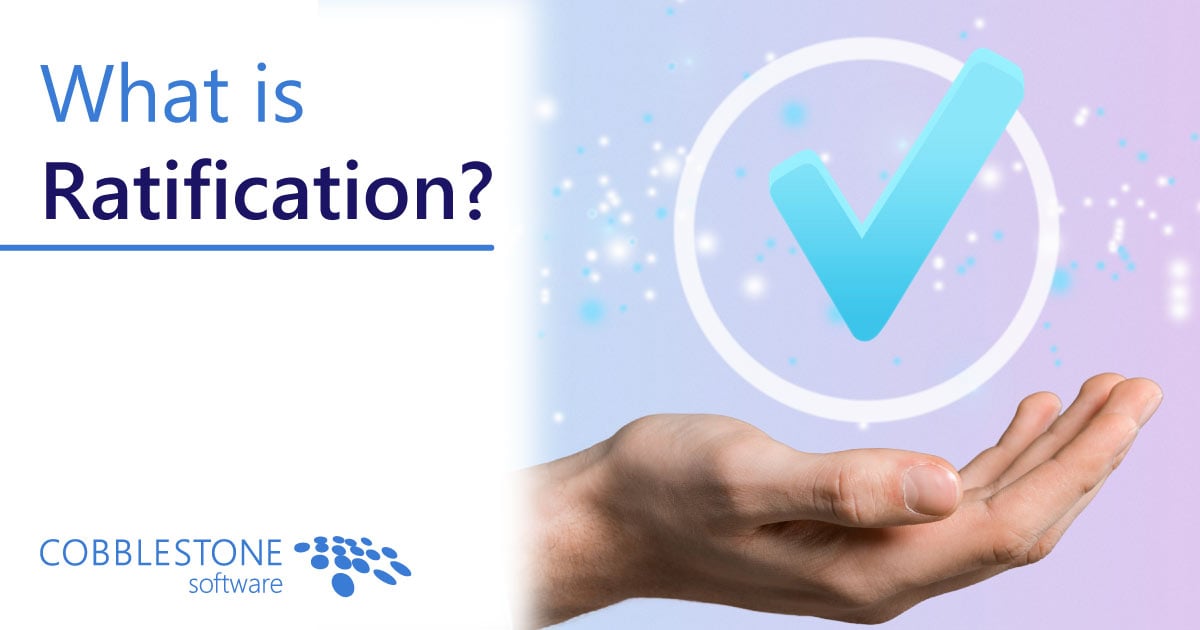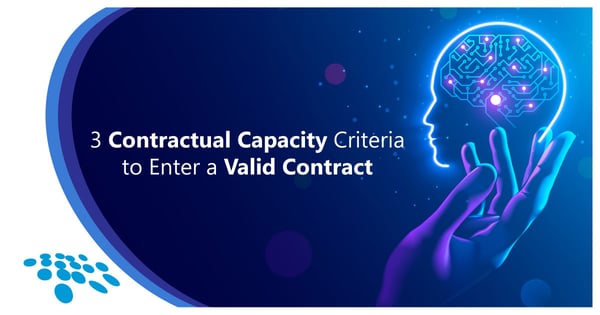
Contracts are critical for a vast array of business processes. As such, legal teams and contract administrators must be prepared for contract lifecycle management. However, it is important to note that not everyone is positioned to engage in legally binding contracts for themselves or their organizations. As such, one of the crucial elements of a contract is the contractual capacity of parties involved.
In this post, we’ll provide 3 criteria that dictate an individual’s contractual capacity to enter into an agreement.
#1: Parties Are of Sound Mind
In order to enter into a valid contract, parties must have the mental capacity to do so.
If a contract party (or the representative of a company) is suffering from certain mental illnesses or developmental limitations, a contract is often deemed void. Most jurisdictions have protocol to determine whether a party is (was) of sound mind when they enter(ed) into a contract. Many times, a party is proven to be mentally unable to understand the terms of a contract. In this case, they (or their caretaker or guardian) may nullify the contract due to a lack of contractual capacity.
Intoxication is also accounted for when it comes to parties being capable.
When assessing contractual capacity, courts will examine the severity of intoxication and a counterparty’s awareness of it. Intoxication needs to be quite severe to result in a voided contract. The intoxicated party must attempt to void a contract within a reasonable timeframe of regaining sobriety. If not, a contract likely remains legally binding.
Parties must have a sound mind with the literal contractual capacity to understand the ramifications of the agreement they are entering into.
#2: Parties Have Reached the Legal Age of Maturity
Another situation in which a party is often found to be lacking contractual capacity is if they are a minor.
Minors can enter into some contracts legally. However, contracts are voidable at the option of the minor – and can be disaffirmed if desired. This aspect of contractual capacity does not apply if a minor has reached the age of maturity. Nor does it apply if they have successfully petitioned to be treated as an adult by the court.
A party under the age of maturity cannot enter into contracts that are legally prohibited for minors. These include those involving alcohol, tobacco, and certain other substances.
#3: Parties Are Not Disqualified From Entering a Contract by Any Law
Finally, parties must not be disqualified from entering into a contract by any law.
Insolvent entities are often restricted from entering into contracts. The contractual capacity of an insolvent business entity is often limited as to not increase its liabilities. Courts often see such parties as lacking capacity in order to decrease negative effects on afflicted creditors of the insolvent party.
Similarly, bankrupt individuals often lack the legal capacity to enter into contracts. The parameters for this lack of contractual capacity vary by jurisdiction.
Trade unions in some jurisdictions are afforded limited contractual capacity – with the exception being contracts made related to the activities of the union.
Closing
Now you know the 3 criteria in determining contractual capacity. The key takeaway here is that these parameters vary by situation and by jurisdiction. If needed, please consult with a legal expert to determine that your counterparty and you are:
- of sound mind.
- not legally disqualified from entering a contract.
- of the age of maturity.
Better Manage Your Legally Enforceable Contracts
With a greater awareness of contractual capacity, you can enter into contracts more confidently. As contract volume and complexity grow, your organization is at risk of:
- having trouble storing and searching for contracts.
- overlooking key dates and important tasks.
- drafting error-prone contracts with unfavorable terms.
Thankfully, CobbleStone® Contract Insight is at your corner.
CobbleStone is award-winning contract management software. It can help you proactively oversee the contract lifecycle and gain actionable insights into your organization’s contract process.
Automate contract lifecycle management today; book a free demo with a CobbleStone expert.
*Legal Disclaimer: This article is not legal advice. The content of this article is for educational purposes only. The information on this website may not present the most up-to-date legal information. Readers should contact their attorney for legal advice regarding any particular legal matter.
This blog post was originally written on February 1st, 2023 and was updated July 9th, 2024.





